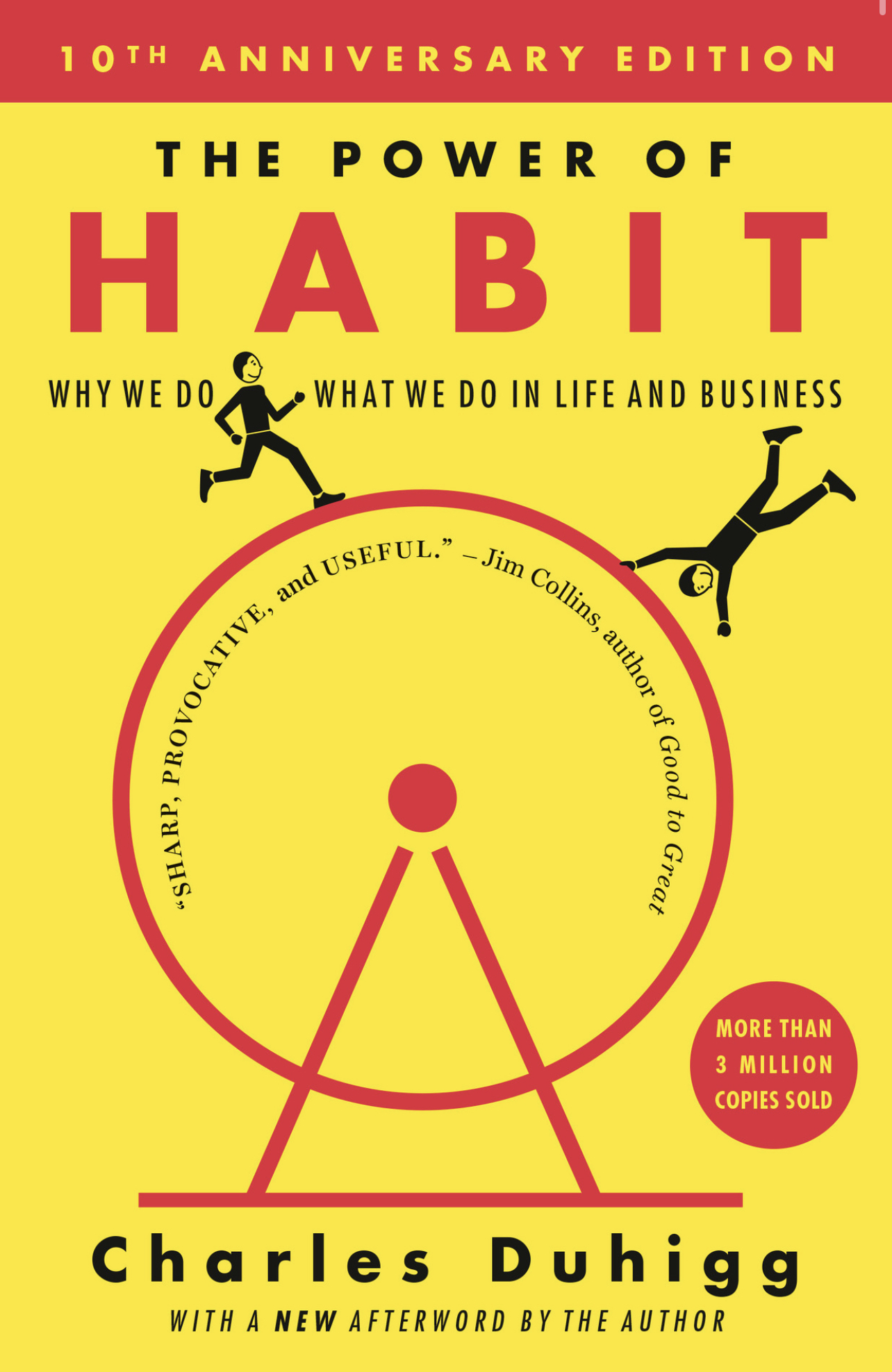← The Power of Habit Why We Do What We Do in Life and Business
The Power of Habit Chapter 9. The Neurology of Free Will: Are We Responsible for Our Habits?
Author: Charles Duhigg Publisher: New York, NY: Penguin Random House. Publish Date: 2012 Review Date: Status:💥
Annotations
288
to modify a habit, you must decide to change it. You must consciously accept the hard work of identifying the cues and rewards that drive the habits’ routines, and find alternatives. You must know you have control and be self-conscious enough to use it—
289
So though both Angie Bachmann and Brian Thomas made variations on the same claim—that they acted out of habit, that they had no control over their actions because those behaviors unfolded automatically—it seems fair that they should be treated differently. It is just that Angie Bachmann should be held accountable and that Brian Thomas should go free because Thomas never knew the patterns that drove him to kill existed in the first place—much less that he could master them. Bachmann, on the other hand, was aware of her habits. And once you know a habit exists, you have the responsibility to change it. If she had tried a bit harder, perhaps she could have reined them in. Others have done so, even in the face of greater temptations.
289
That, in some ways, is the point of this book. Perhaps a sleepwalking murderer can plausibly argue he wasn’t aware of his habit, and so he doesn’t bear responsibility for his crime. But almost all the other patterns that exist in most people’s lives—how we eat and sleep and talk to our kids, how we unthinkingly spend our time, attention, and money—those are habits that we know exist. And once you understand that habits can change, you have the freedom—and the responsibility—to remake them.
